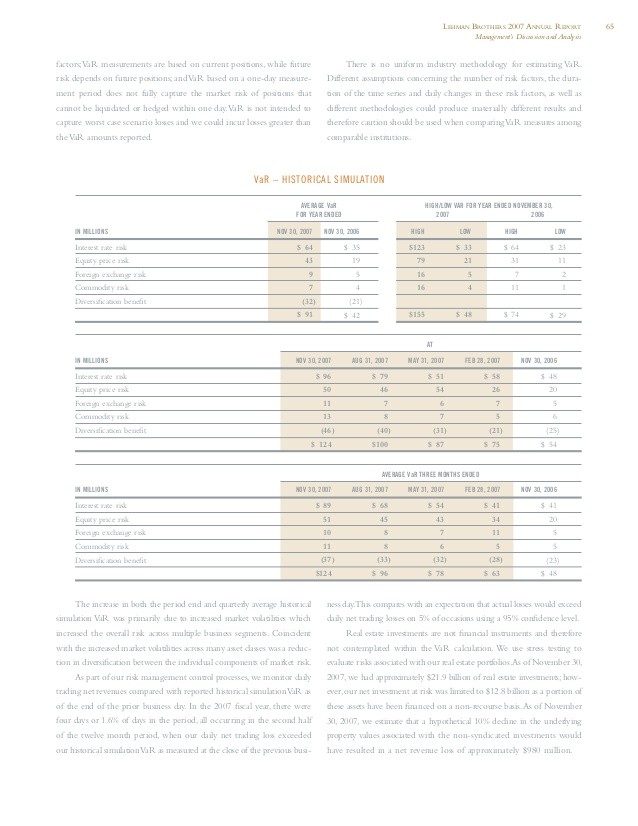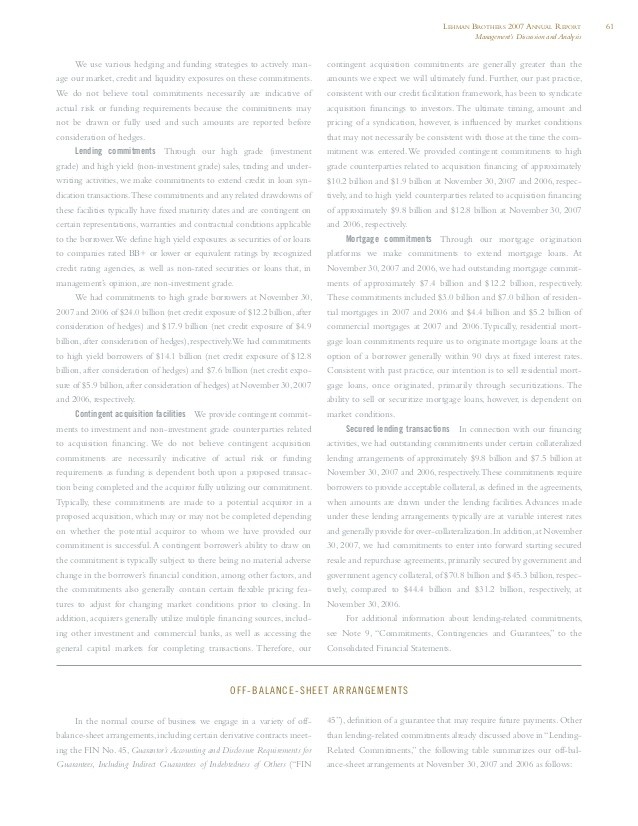Securities Arbitration is Your Best Chance to Recover Your Lehman Brothers 100% Principal
Post on: 26 Июнь, 2015 No Comment

Your Lehman Brothers 100% Principal Protection Note Losses
Klayman & Toskes’ sole focus is the representation of investors in large and complex securities arbitration and litigation matters. The quality legal representation provide by Klayman & Toskes to its clients has resulted in the recovery of over $100 million in securities arbitration claims and over $250 million in other securities litigation matters. We have represented numerous investors who sustained losses in investment products like structured products, principal protection notes, Real Estate Investment Trusts (“REITs”), private placements, hedge funds, arbitrage funds, bond funds, CDOs, and CMOs.
Our law firm is handling numerous securities arbitration claims against UBS Financial Services (“UBS”) in the arbitration forum established by the Financial Industry Regulatory Authority (FINRA), to recover losses sustained in Lehman Brothers 100% Principal Protection Notes and other Lehman structured products, including Lehman Return Optimization Notes and Lehman Auto-Call Notes. The Principal Protection Notes are commonly referred to as “Principal Protected Notes.” Among other allegations, the claims involve causes of action for unsuitability, misrepresentation and omission, breach of fiduciary duty, negligence, and failure to supervise.
Sold by many brokerage firms, including UBS, Lehman Principal Protection Notes were represented to many investors to be a safe, low risk investment, and that, at minimum, investors could expect to receive the entirety of their principal back at maturity. Unfortunately for these investors, UBS failed to disclose the risks associated with the Lehman Notes and the fact that Lehman might be unable to pay back the Notes. Moreover, UBS was an underwriter of the Notes and therefore knew or should have known of Lehman Brothers’ precarious financial position at the time as well as its exposure to the mortgage markets. Finally, UBS failed to disclose the fact that the Notes were actually an investment in Lehman Brothers Holdings, and dependent on the company’s fiscal health. UBS failed to inform many investors of these material facts.
In the class action filed against UBS, the judge determined that the risk disclosures in the offering documents for Lehman Brothers Principal Protection Notes were inadequate. The judge denied UBS’ argument that the risk disclosures sufficiently warned investors of the risks associated with the products. Further, several FINRA panels have found UBS liable for its sales of Lehman structured products.
In April of 2011 FINRA fined UBS $2.5 million and ordered the broker-dealer to pay $8.25 million in restitution, as a result of “omissions and statements made that effectively misled some investors regarding the ‘principal protection’ feature of 100% Principal-Protection Notes (PPNs) Lehman Brothers Holdings Inc. issued prior to its September 2008 bankruptcy filing.” According to FINRA: “From March to June 2008 as the credit crisis worsened, UBS advertised and some UBS financial advisors described the structured notes as principal-protected investments and failed to emphasize they were unsecured obligations of Lehman Brothers, which eventually filed for bankruptcy in September 2008. FINRA found that UBS:
- failed to emphasize adequately to some investors that the principal protection feature of the Lehman-issued PPNs was subject to issuer credit risk;
- did not properly advise UBS financial advisors of the potential effect of the widening of credit default swap spreads on Lehman’s financial strength, or provide them with proper guidance on the use of that information with clients;
- failed to establish an adequate supervisory system for the sale of the Lehman-issued PPNs, and failed to provide sufficient training and written supervisory policies and procedures;
- did not adequately analyze the suitability of sales of the Lehman-issued PPNs to certain UBS customers;
- created and used advertising materials that had the effect of misleading some customers about specific characteristics of PPNs”

Further, FINRA said, “This matter underscores a firm’s need to be clear and comprehensive in disclosing risks of the structured products it sells to retail investors. In cases, UBS’ financial advisors did not even understand the complex products they were selling, and as a result, they neglected to disclose necessary information to customers about the issuer’s credit risk so investors would understand the magnitude of the potential losses.”
SEC and FINRA Joint Investor Alert Regarding Structured Notes with Principal Protection
In 2011, the Securities and Exchange Commission (“SEC”) and FINRA issued an investor alert titled Structured Notes With Principal Protection: Note the Terms of Your Investment, which is aimed at educating investors concerning the risks of structured notes with principal protection, and to help them understand how these complex financial products work. The retail market for these notes has grown in recent years, and while these structured products have reassuring names, they are not risk-free. FINRA and the SEC stated that they are “advising investors that structured notes with principal protection can have complicated pay-out structures that can make it hard to accurately assess their risk and potential for growth. Investors considering these notes should be aware that they could tie up their principal for upwards of a decade with the possibility of no profit on their initial investment.” It is estimated that since 2008, retail investors have lost about $113 billion in complex structured notes and derivative products. The alert includes questions investors should ask when considering structured notes with principal protection and provides links to helpful resources, including a recent FINRA Regulatory Notice on these products. In particular, the terms related to any protections to or guarantee of your principal require a careful review.
For more information on how to start a claim, or to find out if you have a claim, please contact our law firm for a free consultation. Be aware, there are strict time limitations, which in some cases are as short as one or two years. Don’t lose your opportunity to get your money back!














